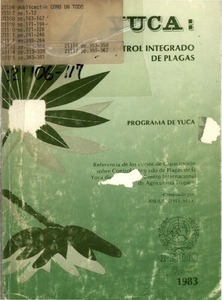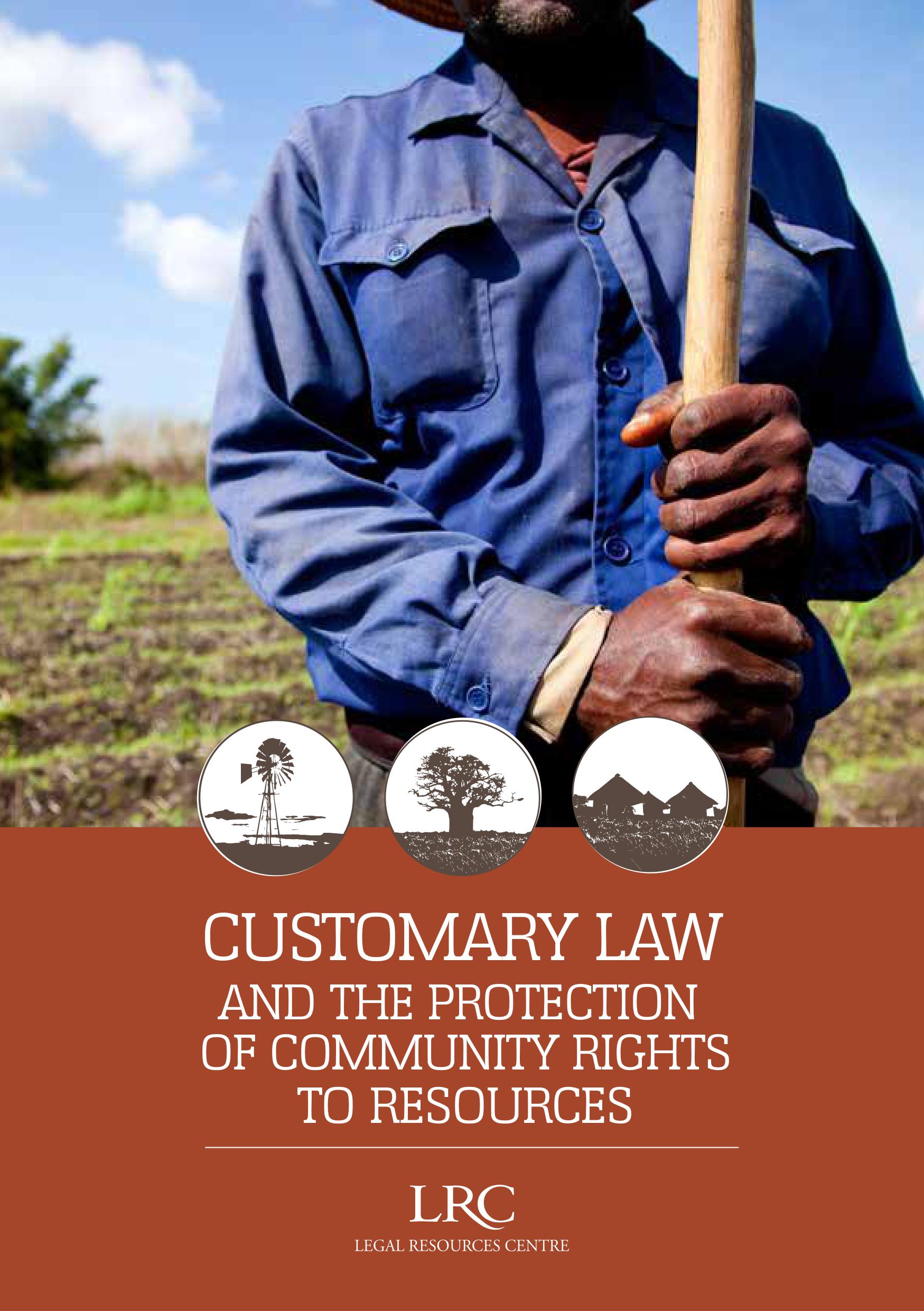The role of non-timber forest products in conservation and development
This paper discusses the assumptions underlying non-timber forest product (NTFP)-based approaches. The authors examine conservation dimensions, highlighting the differences in perceptions among different stakeholder groups about what should be conserved, and development issues, including the role of NTFPs in meeting cultural and subsistence, and in enabling people to deal with increasing integration into market systems. This is followed by an examination of the institutional frameworks that influence pursuit of both conservation and development objectives.






